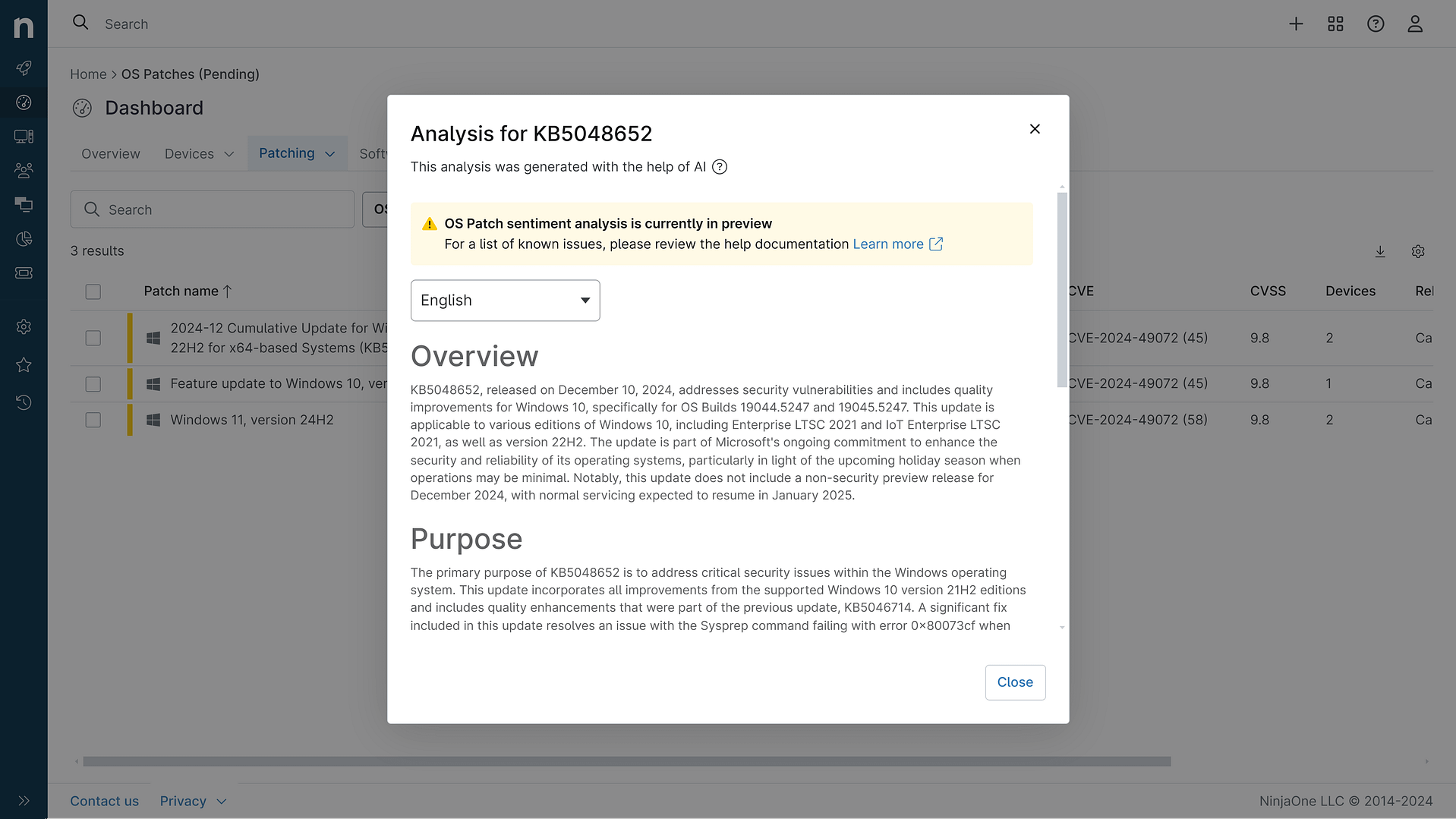KB5035855: Overview with user sentiment and feedback
Last Updated December 22, 2024
Probability of successful installation and continued operation of the machine
Overview
KB5035855, released on March 12, 2024, is a cumulative security update for Windows 10 version 1607 and Windows Server 2016. This update is part of Microsoft's ongoing efforts to enhance the security and functionality of their operating systems. The update addresses various security vulnerabilities and includes quality improvements to the internal functionality of the OS. It is crucial for users to stay updated with the latest patches to protect their systems from potential threats and ensure optimal performance. The update is automatically downloaded and installed via Windows Update, making it accessible for users without requiring manual intervention.
General Purpose
The primary purpose of KB5035855 is to address security issues within the Windows operating system, specifically targeting vulnerabilities that could be exploited by malicious actors. This update includes miscellaneous security improvements that enhance the overall security posture of the OS. Notably, it is recommended that users install the latest servicing stack update (SSU) prior to applying this cumulative update to ensure a smooth installation process. Additionally, for domain controllers, Microsoft advises installing KB5037423 instead, as it addresses a critical known issue related to memory leaks in the Local Security Authority Subsystem Service (LSASS).
General Sentiment
The general sentiment surrounding KB5035855 appears to be cautious due to the known issues associated with the update. While the update is essential for maintaining security, the reported memory leak affecting LSASS on domain controllers has raised concerns among IT professionals. Users are advised to consider the implications of this issue, especially in environments where domain controllers are critical. The recommendation to install an alternative update (KB5037423) for domain controllers indicates that while the patch is necessary, it may not be entirely stable for all users, particularly those managing critical infrastructure.
Known Issues
- Following installation, LSASS may experience a memory leak on domain controllers (DCs) when servicing Kerberos authentication requests.
- Extreme memory leaks could lead to LSASS crashing, resulting in unscheduled reboots of domain controllers.
- This issue is specifically addressed in KB5037423, which is recommended for users operating domain controllers.
Disclaimer: We take measures to ensure that AI-generated content is of the highest possible quality, but we cannot guarantee its accuracy and recommend that users do their own independent research. Generated on 2024-12-22 03:39 AM
